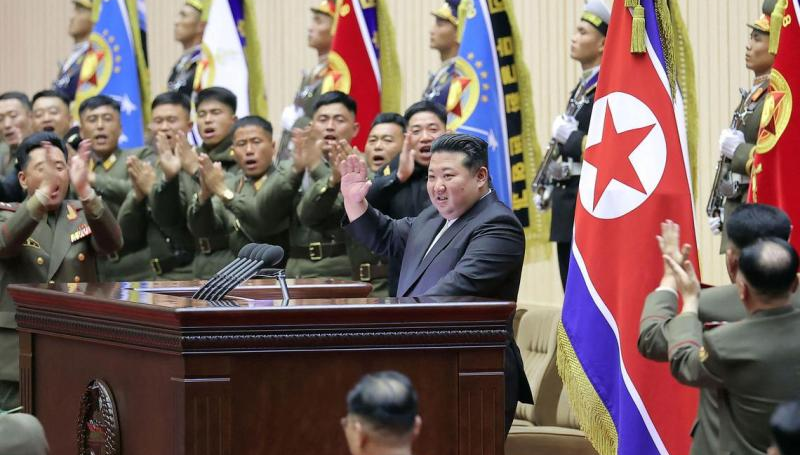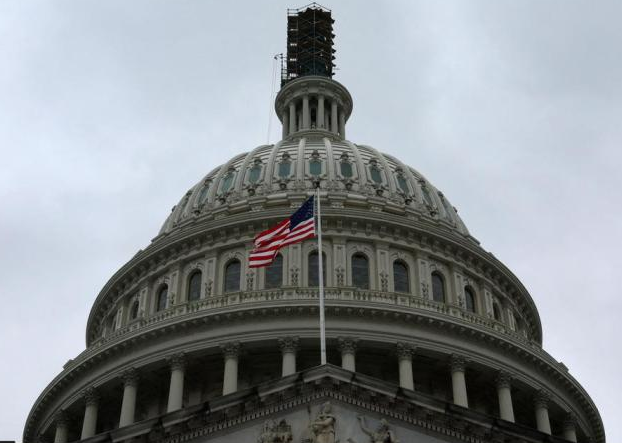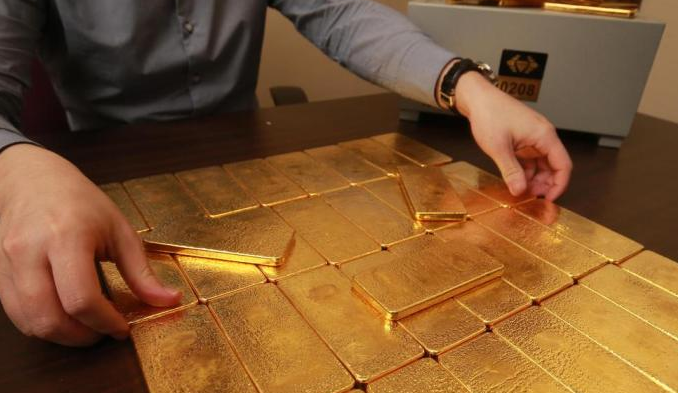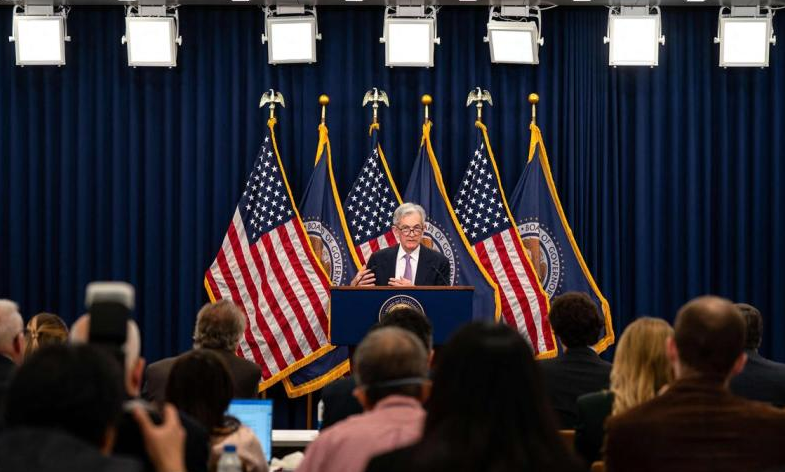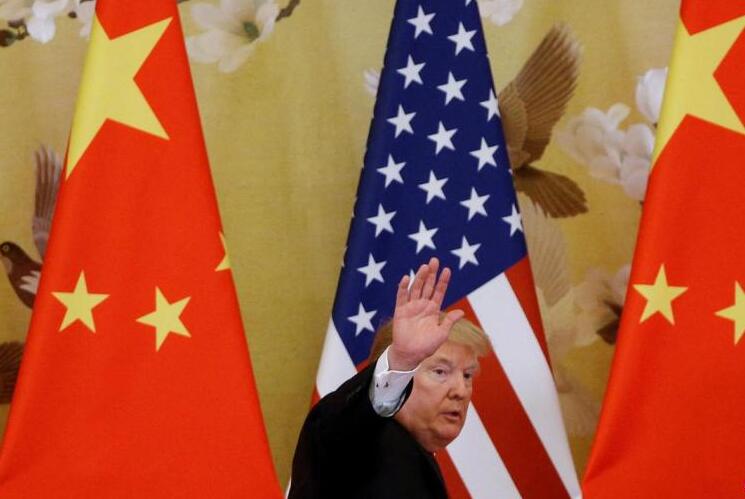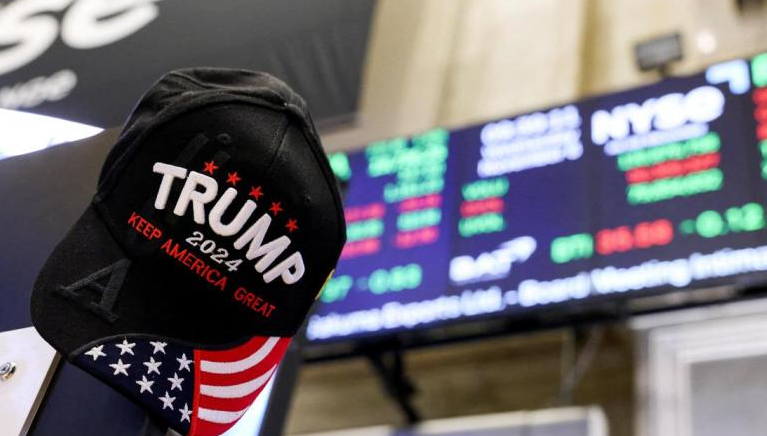
The national security team announced by US President-elect Trump includes many anti-China hawks who advocate strengthening Taiwan’s military. Analysts believe that Washington will inevitably require Taiwan to significantly increase its military spending in the future. Although Beijing has not commented much on Trump’s cabinet list, the Taiwan Affairs Office of the State Council of China emphasized on Wednesday (November 13) that if the Democratic Progressive Party is willing to be the US “cash machine”, it will only make Taiwan more dangerous. Trump has announced the candidates for cabinet national security officials this week. Among them, Florida Congressman Mike Waltz, a member of the House of Representatives’ foreign military sales “tiger group”, confirmed on Tuesday (November 12) that he will serve as the Trump administration’s national security adviser. Waltz has advocated in the past that the United States should quickly end the war in Gaza and Ukraine so that it can shift its focus and military resources back to the Indo-Pacific region to confront China; he has also emphasized that it is crucial for the United States to assist Taiwan and other partners and allies in arming in advance. Waltz visited Taiwan in 2022. After being appointed by Trump, he also issued a statement saying that there is no higher mission than defending
American national values, freedom and the safety of every American. “We will work with President Trump and his team to meet the changing challenges of today’s world and stand firm against those who seek to undermine our way of life.”
According to US media reports, Senator Marco Rubio, who is from Florida like Waltz, is also expected to serve as Secretary of State.
During Trump’s first term in office, Rubio actively promoted Taiwan’s participation in the international community and promoted the Taiwan Travel Act in 2018 to strengthen high-level interactions between the United States and Taiwan.
He also supports arms sales to Taiwan, emphasizing that the United States should assist Taiwan in self-defense to deal with threats from mainland China. Rubio was sanctioned by Beijing twice in 2020 for criticizing human rights issues in Xinjiang and Hong Kong.
Wang Hongren, a professor of political science at National Cheng Kung University in Taiwan, interpreted in an interview with Lianhe Zaobao that, judging from the current personnel arrangements, the new Trump administration is likely to further promote Taiwan’s strengthening of asymmetric combat capabilities, and will also require Japan and South Korea to strengthen their armaments.
He believes that for Beijing, this is undoubtedly another wave of arms race.
Since Trump had stated many times before the election that he would ask Taiwan to pay “protection fees” if elected, Jie Zhong, a researcher at the Center for Integrated Strategic and Technological Research at Tamkang University in Taiwan, judged that in the next four years, Washington’s pressure on Taipei to significantly increase its defense spending would probably be overwhelming.
He estimated that considering political realities, when the Taiwan government compiles the 2026 and 2027 defense budgets, the lower standard for overall defense spending should not be lower than next year’s level, that is, 2.45% of regional gross domestic product (GDP). If it is assumed that the GDP estimate will grow at an annual rate of 2%, then by 2027, Taiwan’s overall defense spending will reach at least NT$268.9 billion (about S$11.6 billion).
Although Beijing has not commented on Trump’s new cabinet so far, Zhu Fenglian, spokesperson for the Taiwan Affairs Office of the State Council, criticized Taiwan’s ruling Democratic Progressive Party for “being a US cash machine” and making Taiwan more vulnerable to war when asked about rumors that the US might outsource weapons manufacturing to Taiwan and then sell them back to Taiwan at high prices after Trump takes office.
In addition, Tesla CEO Elon Musk has also confirmed that he will take charge of the Efficiency Department established by the new Trump administration, which will be responsible for eliminating unnecessary regulatory procedures, cutting wasteful spending, and adjusting the structure of federal agencies.
Prior to this, Reuters reported that Musk had asked Taiwan suppliers of SpaceX, his US space exploration technology company, to move their production business out of Taiwan.
In response, Wang Hongren pointed out that compared with the “value alliance” of the Biden administration, Trump and Musk value “price” more. He inferred that in the future, when Musk takes charge of the Efficiency Department, it is not ruled out that the budget for the US government’s cooperation with Taiwan’s non-governmental organizations will be cut.



